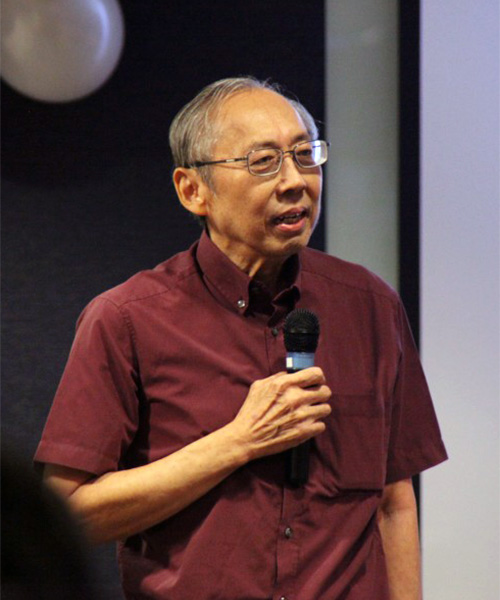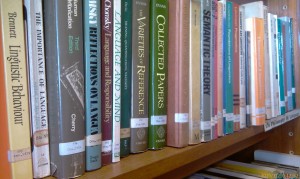The Department of Philosophy proudly and heartily congratulates Professor Ten Chin Liew on being conferred the title of Emeritus Professor by NUS.
Professor Ten has accumulated over 25 years of service to the University, including 6½ years as Head of the Department of Philosophy, and countless hours as a dedicated and inspiring teacher and supervisor. He is widely recognized as one of the world’s leading authorities on the political philosophy of J.S. Mill, and has contributed nationally in the areas of bioethics and laboratory animal research. Professor Ten’s ideas have influenced the likes of H.L.A. Hart (the preeminent legal philosopher of the 20th century), Joseph Raz (arguably the most important living legal philosopher), Nigel Walker (the great British criminologist), and Wayne Sumner (the distinguished Canadian legal and political philosopher). He has been a Fellow of the Australian Academy of the Humanities since 1989, and of the Academy of Social Sciences since 2000.
On this occasion the faculty, staff, and students of the Philosophy department, both current and former, would like to express our deep gratitude to Professor Ten for his invaluable contributions. We join the University in honoring an outstanding alumnus, who is also a cherished colleague, mentor and friend.
Note: The title of Emeritus Professor is conferred on a professor who is on or near retirement in recognition of the professor’s sustained contributions in terms of distinguished scholarship and conspicuous service to the University. (NUS University Statutes and Regulations, Regulation 8)

